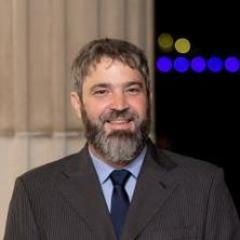Research
Political Science
The School is home to scholars with expertise in the broad area of political science. UQ is ranked in the world’s top 50 and top 2 in Australia by publication in the area of political science. Our researchers are leading contributors to scholarship in this discipline while also drawing on cross-disciplinary approaches to examine (international) political economy; Australian politics; political theory and political thought; political psychology; and the politics of free speech and hate speech. Our School’s researchers in this field contribute actively to academic scholarship as well as to broader public and policy debate.






